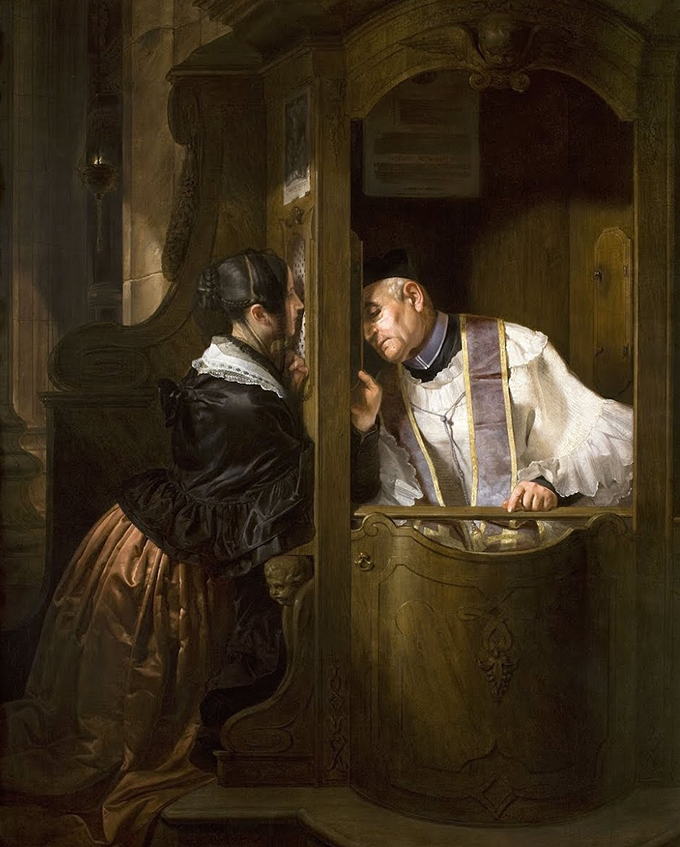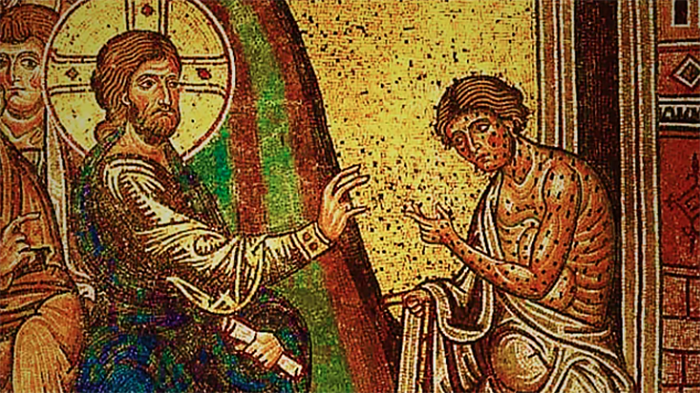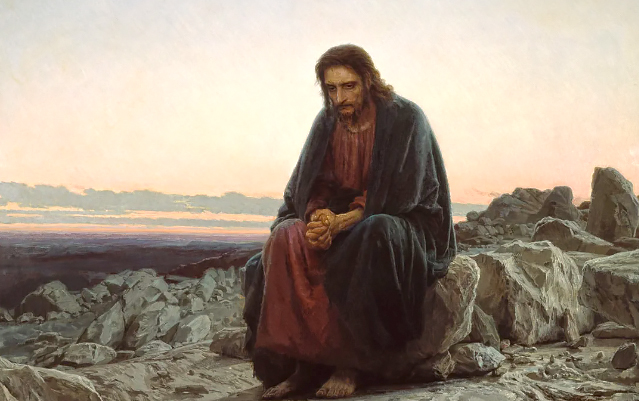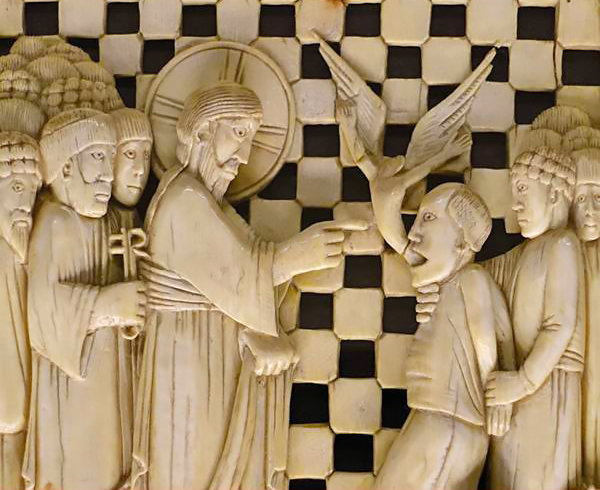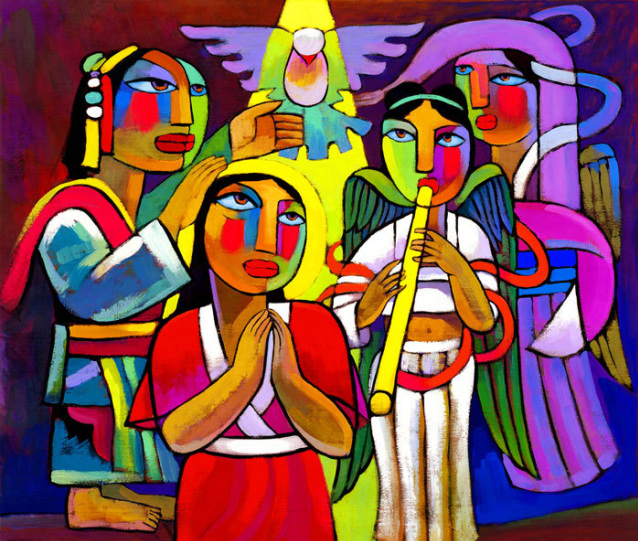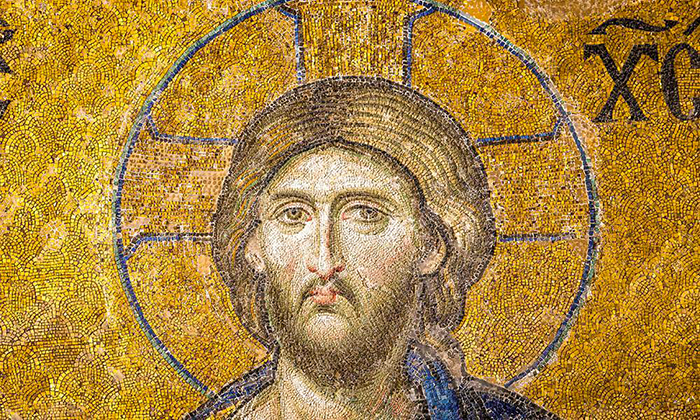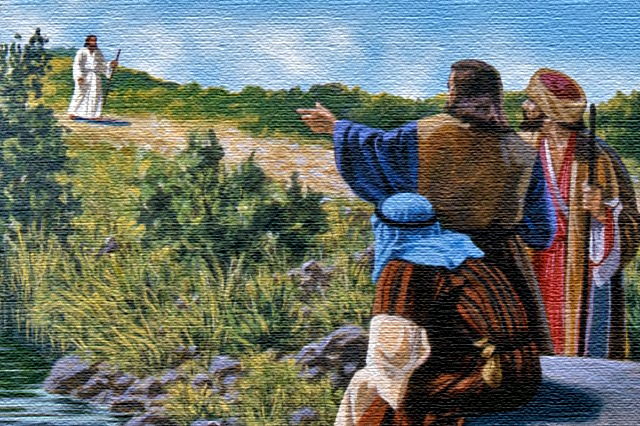
One of the earliest heresies that the Christian church fought was Marcionism, the conviction that Jesus should be interpreted in abstraction from the Old Testament. Bishop Robert Barron writes that the categories that the Gospel writers used to present Jesus as the Christ were, almost exclusively, drawn from the Hebrew Scriptures. John the Baptist offers one of the most important interpretive keys of the New Testament: We hear John the Baptist proclaim, in response to meeting Jesus, “Behold the Lamb of God!” Jesus will play the role of the sacrificial lambs offered in the temple, and through a sacrifice, take away the sins of the world. One reason that people today have such a difficult time appreciating Jesus is that we have become, effectively, Marcionites. Fr. Peter Yungwirth writes that the message of John wasn’t just a proclamation for one time, for one people. It continues to be effective as we encounter this mystery at each and every Mass: Behold the Lamb of God, behold him who takes away the sins of the world. And when we hear these words today, what do we see? The Body and Blood of Christ are sacramentally present before us. The Lamb of God has come among men once again. This time, though, He has not come to our fathers, but rather to us. He has come to set us free and save us from our enemies. In His compassion, He has come to be with us so that we might come to the knowledge of salvation through the forgiveness of our sins. He has come among us as a rising Sun that continues to dawn in our lives, scattering the darkness of our sins, and guiding us into the way of peace…Lord, only say the word and my soul shall be healed.


